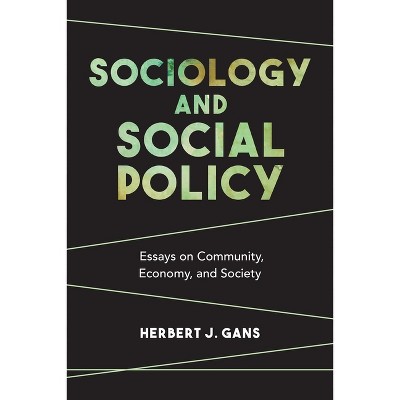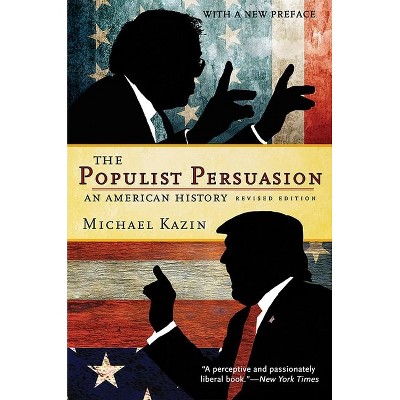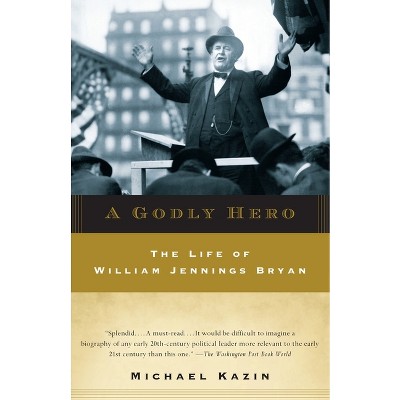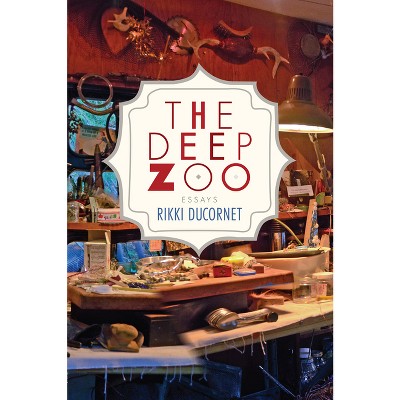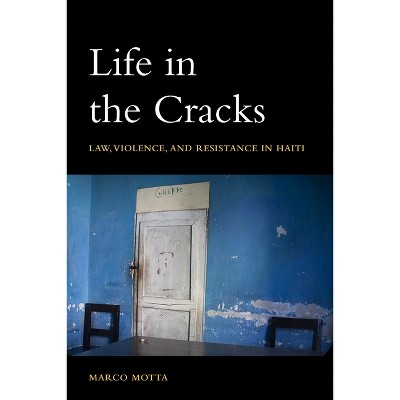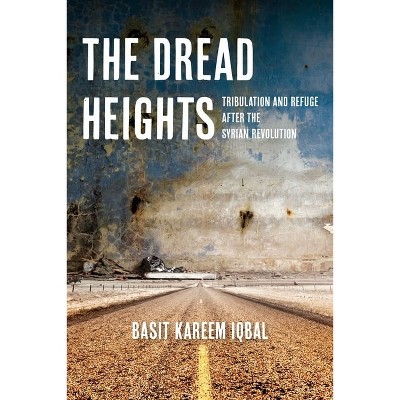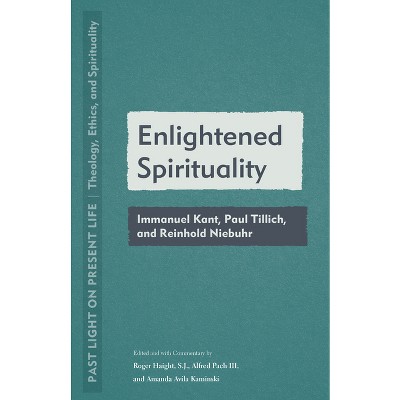Sponsored

Reconocimientos - by Rafael Sánchez (Paperback)
In Stock
Sponsored
About this item
Highlights
- What is the relationship between a writer's life, milieu, and thought?
- About the Author: Luis Pérez-Oramas (Afterword By) Luis Pérez-Oramas is a Venezuelan poet, art historian and curator.
- 160 Pages
- Social Science, Anthropology
Description
About the Book
An intimate account of Latin America between revolutionary promise and populist authoritarianism.Book Synopsis
What is the relationship between a writer's life, milieu, and thought? In this daring and intellectually expansive text, part memoir and part political philosophy, the anthropologist Rafael Sánchez explores the forces and events that shaped him and the nations through which he moved.
Reconocimientos is a book of both personal and political reckoning, from the thrillingly emancipatory possibilities of Venezuela's plazas to the political promise and disappointments of revolution. Written in the final year of his life, Reconocimientos moves from scenes of Sánchez's youth in Cuba to fieldwork on the cult of Maria Lionza in Venezuela to confront the terrifying and alluring forces of patriarchal privilege at the base of monumentalist authoritarianism. Sánchez's intimate prose speaks with the urgency both of his own mortality and of the political crises of our moment. Amid the resurgence of patriarchy, hierarchy, and the valorization of inequality that have become pillars of populist movements in Latin America and beyond, Sánchez finds a residual radical possibility in 'horizontal' spaces, where the forces of mimesis permit manifold transformations.From the Back Cover
"In Caracas, Rafael Sánchez witnessed a transformative scene that led to his groundbreaking theory of the state. This stunning memoir of the intersection of politics and personal life narrates his rejection of patriarchy and his growing understanding of the complexities and limits of emancipatory politics. A loving and living anthropology of an eccentric life, Reconocimientos is a testament to the transformative power of becoming."--Javier Guerrero, Princeton University
"In this uniquely moving, genre-bending book, Sánchez confronts patriarchal authority as it has imposed itself on his life and dissolves it into the collective, radically democratic powers of the Venezuelan crowd."--Rihan Yeh, University of California, San Diego "An essay of incredible originality, a work of passional reason by a writer with a wonderful poetic sensibility."--Charles Hirschkind, University of California, Berkeley What is the relationship between a writer's life, milieu, and thought? In this daring and intellectually expansive text, part memoir and part political philosophy, Rafael Sánchez explores the forces and events that shaped him and the nations through which he moved. Reconocimientos is a book of both personal and political reckoning, from the thrillingly emancipatory possibilities of Venezuela's plazas to the political promise and disappointments of revolution. Written in the final year of his life, Reconocimientos moves from scenes of Sánchez's youth in Cuba to fieldwork on the cult of Maria Lionza in Venezuela to confront the terrifying and alluring forces of patriarchal privilege at the base of monumentalist authoritarianism. Sánchez's intimate prose speaks with the urgency both of his own mortality and of the political crises of our moment. Amid the resurgence of patriarchy, hierarchy, and the valorization of inequality have become pillars of populist movements everywhere, Sánchez finds a residual radical possibility in 'horizontal' spaces, where the forces of mimesis permit manifold transformations. Rafael Sánchez (1950-2024) was senior lecturer at the Geneva Graduate Institute.Review Quotes
A singular text, a kind of Latin American cross between Montaigne and Malinowski, in which an anthropologist discovers in his own biography a key to understanding the collective history of a continent.---Claudio Lomnitz, from the Afterword
An essay of incredible originality, a work of passional reason by a writer with a wonderful poetic sensibility.---Charles Hirschkind, University of California, Berkeley
In this uniquely moving, genre-bending book, Sánchez confronts patriarchal authority as it has imposed itself on his life and dissolves it into the collective, radically democratic powers of the Venezuelan crowd.---Rihan Yeh, University of California, San Diego
In Caracas, Rafael Sánchez witnessed a transformative scene that led to his groundbreaking theory of the state. This stunning memoir of the intersection of politics and personal life narrates his rejection of patriarchy and his growing understanding of the complexities and limits of emancipatory politics. A loving and living anthropology of an eccentric life, Reconocimientos is a testament to the transformative power of becoming.---Javier Guerrero, Princeton University
About the Author
Luis Pérez-Oramas (Afterword By)Luis Pérez-Oramas is a Venezuelan poet, art historian and curator. He is the author of eleven volumes of poetry and numerous catalogue texts and critical essays. In 2011, he was Curatorial Director of the Sao Paolo Biennale. From 2006 to 2017, he was Latin American Art Curator at the Museum of Modern Art in New York City. Claudio Lomnitz (Afterword By)
Claudio Lomnitz is Campbell Family Professor of Anthropology at Columbia University. He is the author, most recently, of Nuestra América: My Family in the Vertigo of Translation (2021). Rafael Sánchez (Author)
Rafael Sánchez (1950-2024) was senior lecturer at the Geneva Graduate Institute. He is the author of Dancing Jacobins: A Venezuelan Genealogy of Latin American Populism (Fordham, 2016). Rosalind C. Morris (Edited By)
Rosalind C. Morris is Professor of Anthropology at Columbia University. Her most recent books are Unstable Ground: The Lives, Deaths, and Afterlives of Gold in South Africa (Columbia, 2025) and, with William Kentridge, Accounts and Drawings from Underground (rev. ed., Seagull, 2021). Her most recent film is the documentary We are Zama Zama (2021). Igor Barreto (Foreword By)
Igor Barreto is a Venezuelan poet, editor and translator. He has been Director of Publications at the Museo Jacobo Borges in Caracas, Director of the Cinemateca Nacional, Director of Collections of the Fundación de Etnomusicología y Folklore, and Director of Imprenta Anauco.
Shipping details
Return details
Trending Non-Fiction




